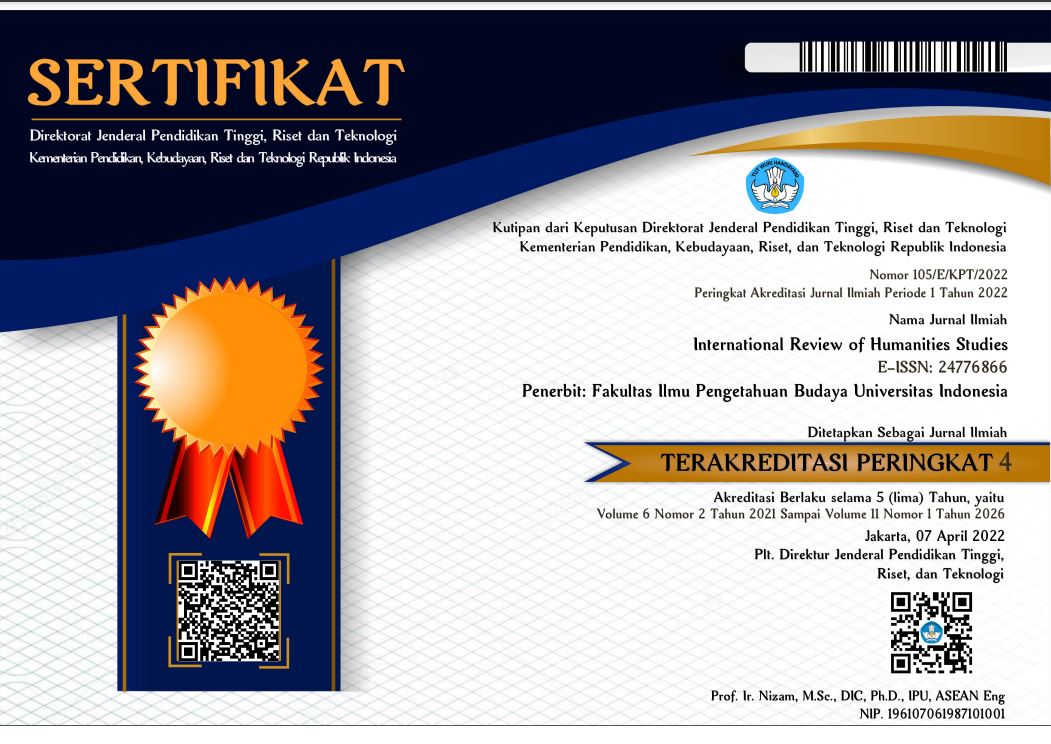International Review of Humanities Studies

Abstract
The 2020 Olympics are not Tokyo's first experience of hosting the Games. Previously, the city hosted the 1964 Olympics. This historical background generated nostalgia for the 1964 Olympics ahead of the 2020 Olympics. The 1964 Olympics are remembered for exposing Japanese society to various interactions with foreigners, which eventually provided the setting for expressions of Japanese national identity through comparisons between "us" (Japanese) and "them" (foreigners). In this sense, representations of foreigners, and their roles as essential elements of Japanese national identity discourse, have been the integral parts of 1964 Olympics nostalgia. Ahead of the 2020 Olympics, numerous popular culture forms depicting the 1964 Olympics were produced in Japan. One notable work was the television drama IDATEN Orimupikku Banashi (hereafter: IDATEN), broadcast by the Japan Broadcasting Corporation (NHK) from January-December 2019. The drama depicted Japan's Olympic movement from the 1912 to 1964 Olympics and featured a wide variety of foreign characters. IDATEN's portrayal of the 1964 Olympics features not only foreign countries widely represented in Japanese popular culture, such as the US, but also less featured countries such as Indonesia and the Republic of the Congo. This article analyzes depictions of these three nations to examine critically the role of representations of foreigners in Japanese national identity discourse within the drama. It argues that as a drama produced ahead of the 2020 Olympics IDATEN signifies the aspirations of 21st century Japan rather than reflecting the actual situation during the 1964 Olympics, especially in how it portrays Japan through the country’s relations with other countries.
Recommended Citation
Pratama, Himawan
(2021)
"REPRESENTATIONS OF FOREIGNERS AND JAPANESE NATIONAL IDENTITY AT THE 1964 OLYMPICS IN IDATEN,"
International Review of Humanities Studies: Vol. 6:
No.
1, Article 15.
Available at:
https://scholarhub.ui.ac.id/irhs/vol6/iss1/15


